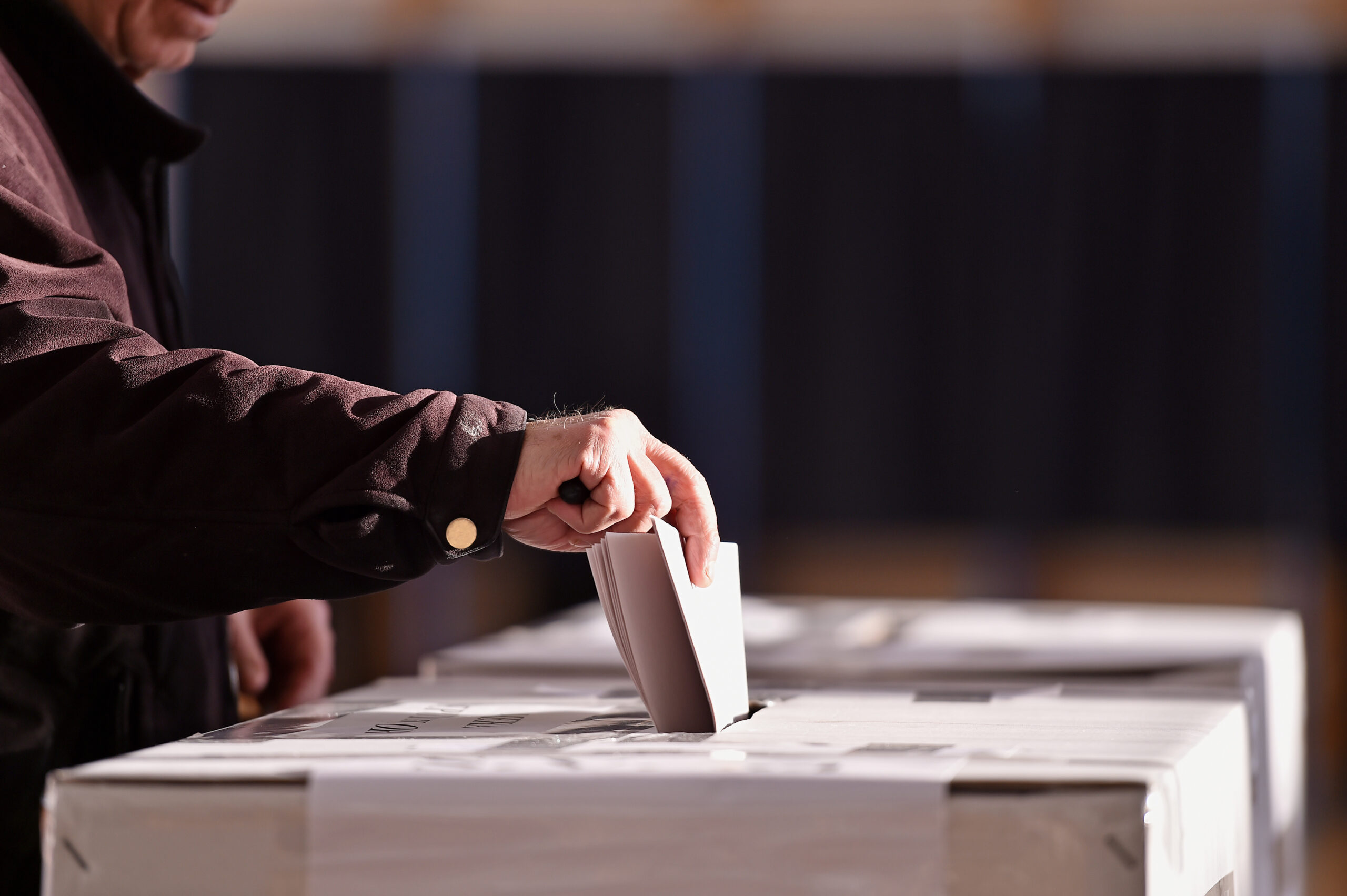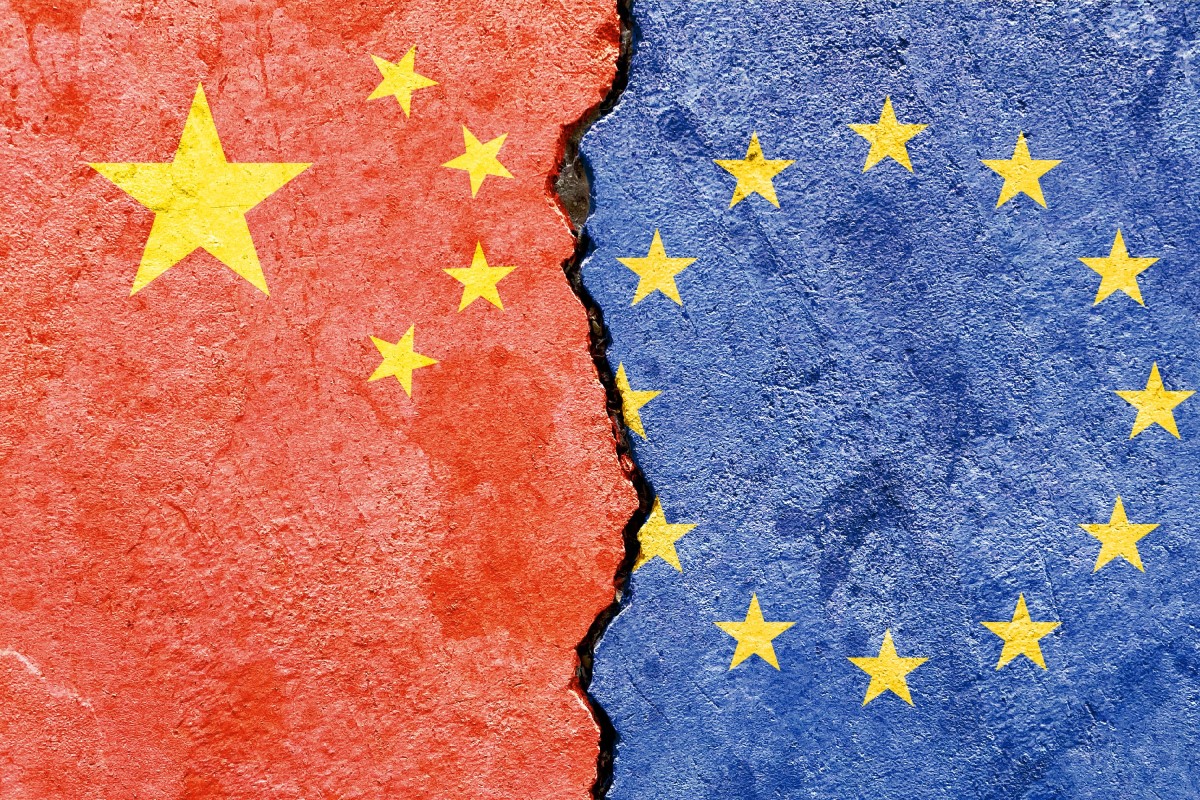Amid the Ukraine-Russia conflict that has rocked the global markets, countries across Asia-Pacific are preparing for national elections. While some countries are still struggling to recover economically, high inflation and commodity prices are the next challenges for new policymakers.
Here is a look at the local developments that may influence markets in the next couple of months.
South Korea presidential elections on March 9
Experts are of the opinion that there will be little change in the South Korean economic policy after the election on March 9 – despite the change in leadership, as per Fortune. Conservative candidate Suk-yeol Yoon of the People Power Party defeated Jae-myung Lee of the ruling Democratic Party by a very close margin.
After taking office, Yoon will be facing steep housing prices, the Covid-19 pandemic, gender and economic equality, among other things. The win is a shift away from the bigger and more active state that began under President Moon, says Alex Homes, Emerging Asia Economist at Capital Economics. “But the lack of a parliamentary majority means he will struggle to pass large parts of his reform agenda.”
ING in a report said Yoon prefers a smaller government in principle and will focus on private sector-driven growth instead of large welfare programs. He has proposed a stimulus package for small businesses and is likely to raise funds for the government via fresh bond sales.
Economists expect Yoon to take a dovish monetary policy approach but the Bank of Korea will stay on its tightening path given high inflation. On the sectoral front, Yoon plans to supply 2.5 million units of new houses by easing redevelopments rules, reforming property taxes and increasing housing appraisal prices.
The newly elected president is also likely to revisit the government plan to cut CO2 emissions by 40% by 2030. It will also be exciting to see what foreign policy decisions Yoon takes as South Korea navigates the murky waters of politically-inclined global supply chains, as per ING’s senior economist Min Joo Kang.
Australian federal election in May
Prime Minister Scott Morrison has been heading the Australian Coalition government since 2018 and will now face Labor leader Anthony Albanese in the upcoming elections in May. John Edwards, a Senior Fellow at think tank Lowy Institute, writes that the Coalition generally banks on fiscal righteousness, accusing the Labor party of plans to increase tax, spending and deficits. “But with a deficit in 2021 running second in Australian history only to the year before, making that theme work will be harder,” writes Edwards. He does not expect Labor to propose big tax increases.
Morrison faced a tough term due to the pandemic, and his focus seems on big tax cuts and bringing normality back to Australia, reports Australian Financial Review. Meanwhile, Labor is yet to make any budget or economic promises but Albanese has previously sought to move away from the charge of big-spending and has promised to set up alternate means of financing to pay for expensive ideas.
Hong Kong chief executive election on May 8
Hong Kong has faced one of the worst Covid-19 outbreaks, and the election for the chief executive will be decisive owing to the political turmoil recently. Incumbent Chief Executive Carrie Lam last month decided to postpone the election, scheduled to be held in March, to prioritize battling Covid-19.
Hong Kong’s leader will now be selected on May 8 by a 1,500 strong committee comprising of primarily pro-China representatives from various sectors of the society. Lam is yet to announce her own candidacy and it is not clear if anyone else is vying for the role.
The primary concern for Hong Kong remains the surging Covid-19 cases, inflation and currency woes arising from policy tightening by the US Federal Reserve. The government has just announced to spend about $21.8 bn to fight the pandemic and support the economy. While the Hong Kong economy staged a visible recovery of 6.4% growth in 2021, it has experienced a deep recession in the previous two years.
Philippines presidential election on May 9
The Philippines archipelago is likely to see an interesting election year as President Rodrigo Duterte has said he will not contest in the upcoming elections. The front-runners for the 2022 elections are Ferdinand Marcos Jr, the son of the country’s former dictator, boxing celebrity Manny Pacquiao, and Vice President Leni Robredo.
The consensus between analysts seems to be that the elections will be favourable for the markets. The Asian Development Bank sees the Philippines GDP growth at 6% citing the ‘impressive resilience’ of the economy. Historically, the country’s economy receives a boost during elections due to higher poll spending, as noted by Bangko Sentral ng Pilipinas (BSP) Governor Benjamin E. Diokno and former National Economic and Development Authority (NEDA) director-general Cielito Habito, per Inquirer.net.
Top economists in the country are backing Vice President Leni Robredo as they believe she has a proven track record and has the background to take necessary decisions to accelerate economic recovery. With a 5.6% growth in 2021, the Philippine economy reversed a record 9.6% contraction in 2020.
Japan Upper House elections in mid-2022
Japanese Prime Minister Fumio Kishida now faces upper house elections to cement his position as the top leader of the ruling Liberal Democratic Party.
Kishida will have a clear path to implement his vision of “new capitalism”, a new form of liberal democratic capitalism that balances economic growth and distribution, per World Economic Forum.
The Prime Minister is likely to boost the economy by implementing the already approved 36 trillion yen ($312 billion) extra budget, SMBC Nikko Securities Inc. Chief Economist Junichi Makino said.









 Australia
Australia China
China India
India Indonesia
Indonesia Japan
Japan Malaysia
Malaysia Philippines
Philippines Singapore
Singapore South Korea
South Korea Taiwan
Taiwan Thailand
Thailand Vietnam
Vietnam
 Germany
Germany Hong Kong
Hong Kong USA
USA Switzerland
Switzerland Singapore
Singapore
 United Kingdom
United Kingdom Other / International
Other / International








